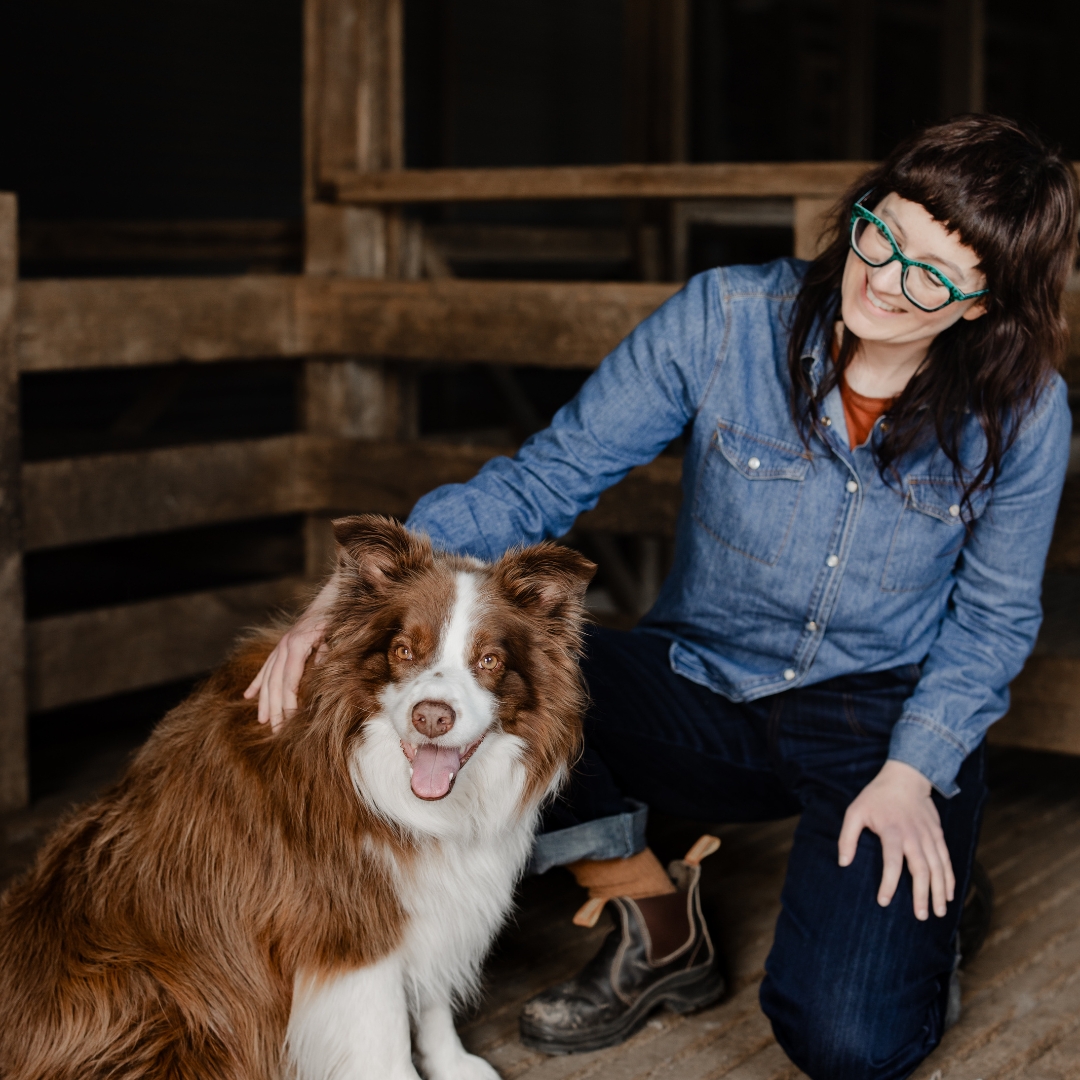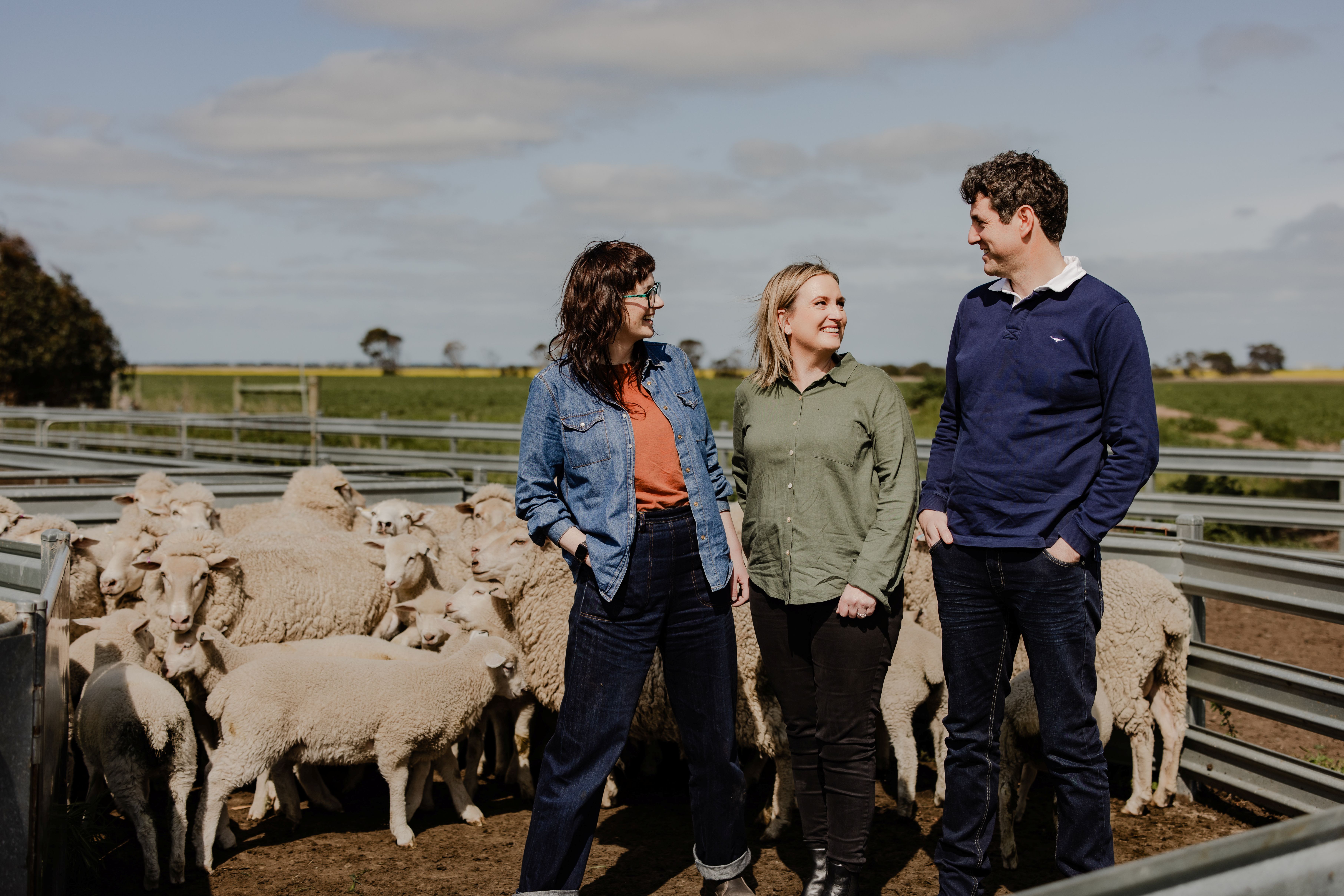Why You Should Have a 'Farm Succession Plan'

What are the biggest legal challenges when it comes to farm succession?
The biggest challenge is that people feel overwhelmed and don’t know where to start. The conversations between parents and adult children can also be difficult to have. I often see parents who have usually put in the hard yards for decades to get the farming business to prosper. They want to make sure they can retire comfortably and ensure the next generation is ready for the highs and lows of running a business.
Meanwhile, the on-farm son or daughter is often brimming with ideas and with energy that they’d love to implement, but they require certainty to do this and ideally want to make sure their siblings are on board with the proposal before they commit.
Can all of those challenges/hurdles be overcome?
Recognising that there’s always merit to both sides of the story is important. As is realising not having difficult conversations leads to worse results. Some of the best examples of succession planning involve respectful and meaningful conversations between all family members involved: this might be grandparents, parents, on and off farm children and in laws. Our team at Sewells work with families carefully to break down the process into smaller, more achievable steps, so that the bigger project doesn’t feel so daunting.
Are the challenges reason to not follow through with farm succession?
A big part of our roles as a lawyers is that we don’t just see the success stories – we also deal with things when they go wrong. This might be dealing with a dispute over a will, it might be litigation between family members when promises have been made verbally over a long period of time and never fulfilled. Or it might be that things have been left too late and the on-farm child has got frustrated with the lack of progress and they decide to leave the farming business.
How can families best tackle the legal requirements involved?
Involving your lawyer early in your plans is extremely helpful. In the very first meeting, I like to ask my clients “in an ideal world, what will things look like for you in 12 months? 2 years? 5 years?”. If achievable, those goals then form the basis of the steps we take.
Every family is different, but the legal requirements often involve drafting wills, considering trading and ownership structures and who has control of assets, transferring farm land, livestock and farming plant and equipment, thinking about who carries the risk of running the business and who gets to benefit from the profit, how loans and credit accounts might be secured, drafting family agreements and farm leases, and making sure there are no unintended tax or stamp duty consequences.
Should all parties involved in farm succession seek legal advice?
I often encourage people involved in farm succession to obtain their own legal advice. If you are signing a legal document then it is crucial that you fully understand what rights you are getting (or giving up), what your obligations are, and how this may affect you into the future. Lawyers have a knack for projecting ahead and contemplating issues which may arise, whereas naturally most people think about how things may affect them here and now.
Is the family solicitor the best point of call?
There are two main things to consider when engaging a lawyer for farm related matters. Firstly, find a lawyer who has experience in both succession planning and rural law. Your lawyer needs to be able to get a great grasp on your property, your livelihood and your family and then tailor their advice and the documents to your circumstances. Secondly, find someone that you feel at ease with. Our farming clients are usually matter of fact people and have a low tolerance for legal jargon (and understandably so!) The most effective lawyers are the ones who use plain English and who go the extra mile to make sure you understand precisely what you are signing.
Where and when should family members start to tackle farm succession?
At the earliest opportunity when an adult child has an interest in the farming business - especially where there are off farm children or other family members involved.



